Ramadan is more than just fasting
Ramadan is from April 3 to May 3, during which Muslims do not drink or eat for over 15 hours a day. The Sidekick staff photographer Aliza Abidi writes about how fasting affects Muslim students who are already facing end of year exam pressures and why Coppell High School should recognize Ramadan as a special month for Muslims. Graphic by Avani Munji
To answer the question every fasting Muslim has been asked at least once: no, not even water.
Ramadan is the ninth month in the Islamic calendar, in which Muslims fast by refraining from eating and drinking from sunrise to sunset for 30 (or less) consecutive days. Ramadan, fasting and celebrating Eid-al-Fitr, a festival of rejoicing at the end of the month, is celebrated by all Muslims, developing a uniting force among the 1.8 billion Muslims worldwide and one of the most identifiable aspects of Islam.
As seen in other religions like Vrata in Hinduism and Lent in Christianity, Sawm is one of the 5 pillars of Islam. Starting with Suhoor (a meal before sunrise) and ending with Iftar (a meal after sunset), it is a way for Muslims to abstain from bad habits, feel thankful and empathize with the less fortunate.
Fasting is solely the physical aspect. The foundation of this month is the fulfillment of pure actions and the neglect of harmful ones. With the presentation of colorful food, laughter-filled tables and long hours at the Mosque, Muslims focus on the betterment of their internal flaws by giving to society and meeting with family and friends.
With more than 30,000 Muslim citizens in the city of Dallas, Islam creates a prominent community here in Coppell.
This year in Coppell High School, Muslims fasted from the first week of April to the first week of May, the prime time for AP exams and end-of-the-year pressure.

(Avani Munji)
Studying while fasting is not an ideal combination, as I feel unusually fatigued with a lower concentration span. With the laziness and headaches that follow the lack of eating and drinking for over 15 hours, I find myself studying till late at night and not feeling fresh or awake the next morning.
“This time of the year is always stressful, but this year the pressure hinders me from experiencing Ramadan in a way which allows me to focus on my Deen (good deeds),” CHS sophomore Sumayya Sharif. “Now as I attempt to make time in my day to work towards being a better Muslim, I find myself worrying about school instead of appreciating this holy month.”
With the month of Ramadan coming to an end, I realized that many students of CHS were not aware of the purpose behind their peers’ fasting.
With diversity flowing through the hallways of CHS, different beliefs and ethnicities are and should be recognized by the student body and staff. Students should aim to foster understanding of minority cultures or religions on the school campus by making community-friendly decorations or congratulations displays around CHS, like the Chinese New Year display. For example, Plano High School rescheduled their Prom before Ramadan so the Muslim population can focus on their faith and enjoy from efficiently Prom.
“If the students of CHS came up with the initiative to celebrate and spread awareness of their celebrations, our CHS environment would be more knowledgeable about the festivals of our students and staff,” CHS sophomore Nitya Gade said. “With the administration’s approval, I believe that students spread appreciation of their culture or religion by contributing to creating a source that the rest of CHS can apprehend.”
As a student, I believe acknowledgment and awareness of Ramadan should be common and customary within CHS, and students should be aware of why Muslims are fasting. With Eid-al-Fitr recently passing by, I want to imagine walking down the halls and seeing cultural clothing and traditional sweets with the celebratory energy it would have for Christmas.
Muslims should come together and create ways to include CHS in activities of Ramadan for those interested and spread the beauty of the month to create a festive atmosphere for celebrators and non-celebrators alike that will bring the feeling of home and family. Working towards respecting and valuing the beliefs of others and spreading our own is what brings a school as multicultural as CHS together.
Follow Aliza (aliza_abidi) and @CHSCampusNews on Twitter.
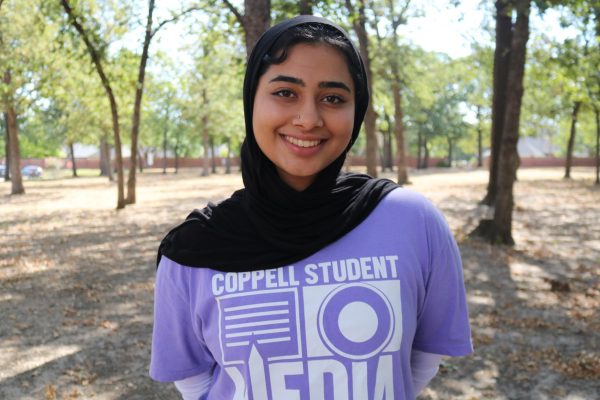
Aliza Abidi is a senior and the Editorial Page Editor for The Sidekick. In her free time, she likes to read a variety of fiction novels, lift weights,...
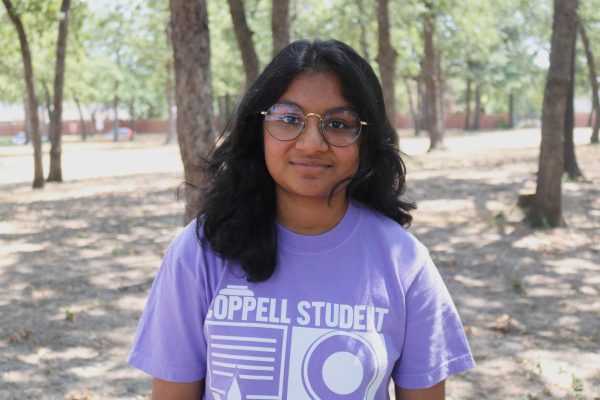
Avani Munji is a senior and the executive design editor for The Sidekick. Munji joined the program unintentionally, but found that The Sidekick was the...




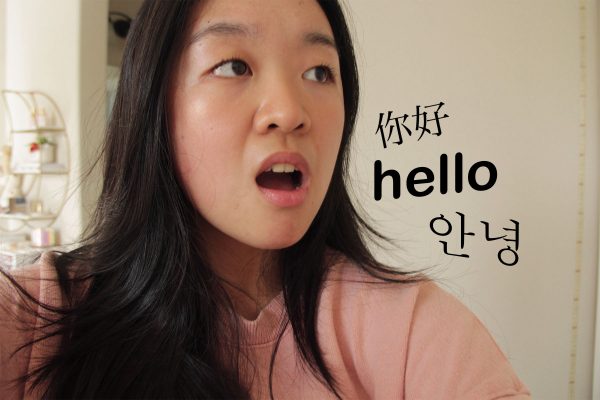
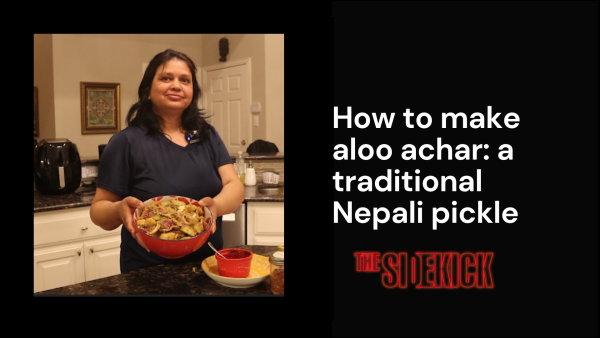
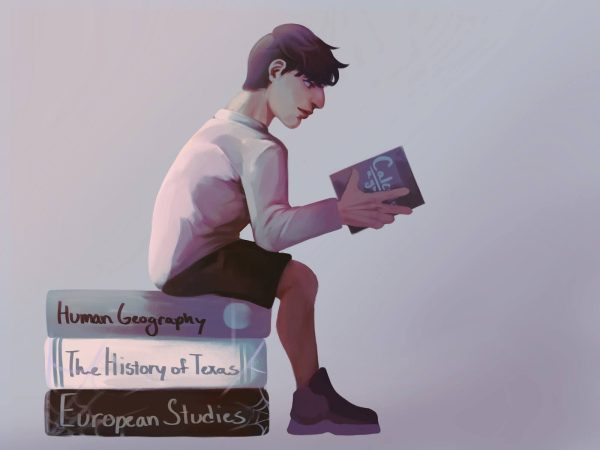
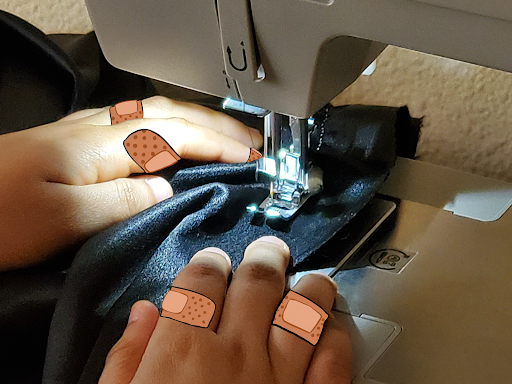
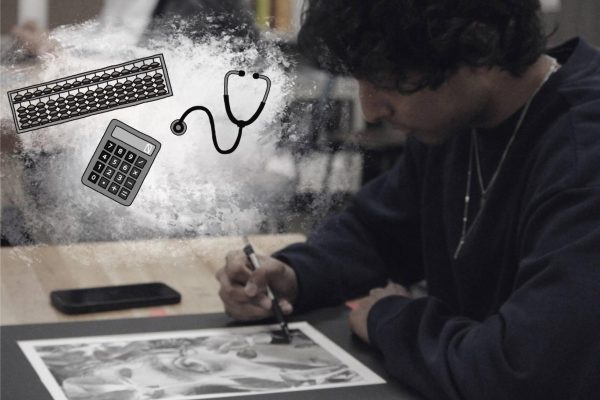
Sumayya sharif • May 13, 2022 at 9:44 am
WOW.. very nice